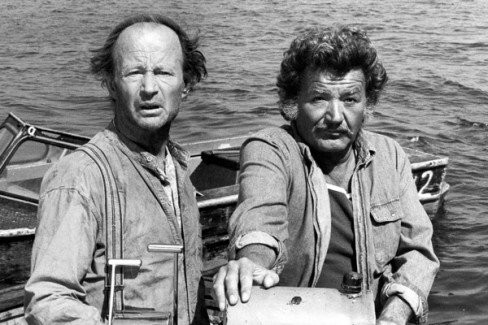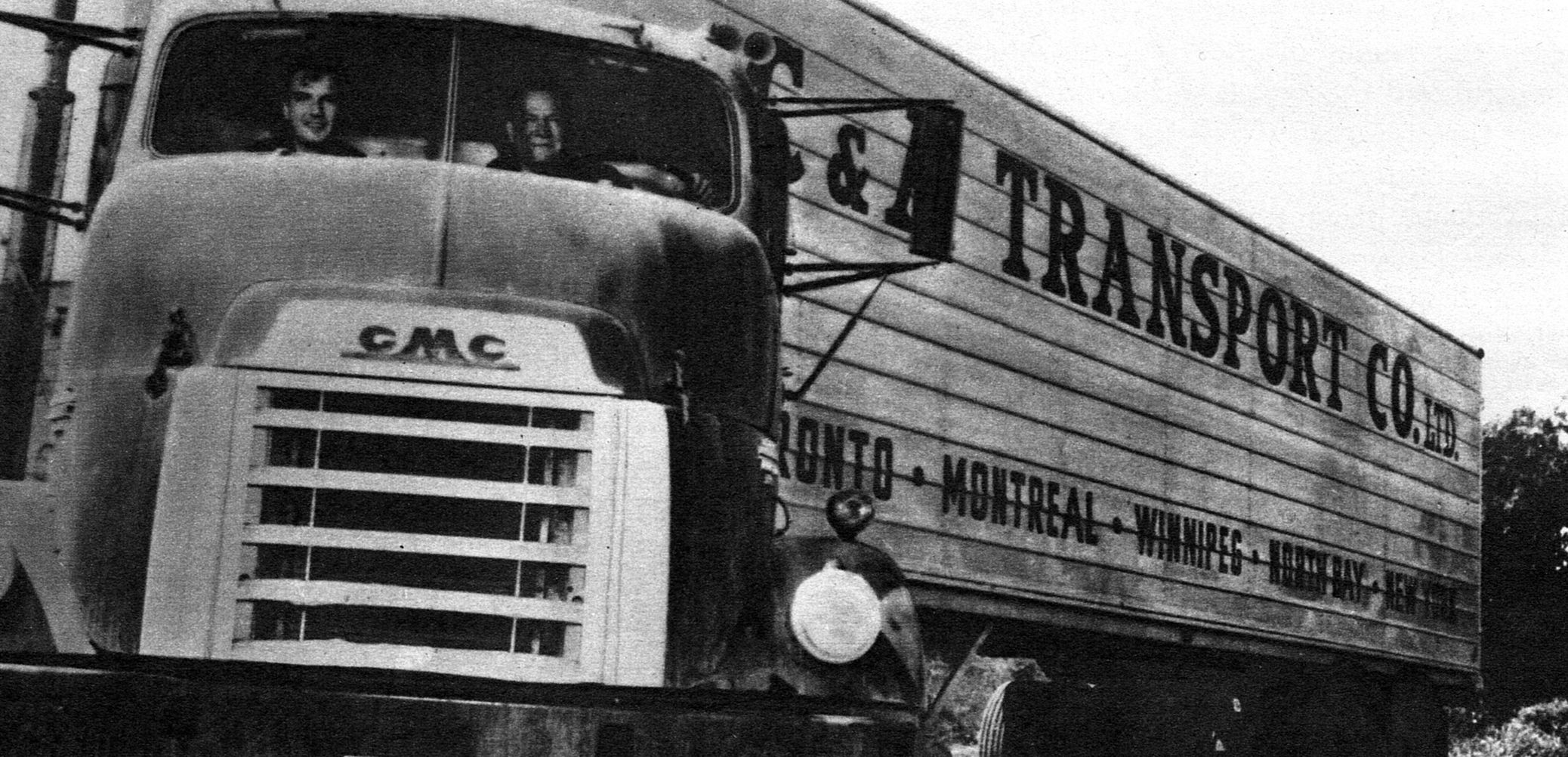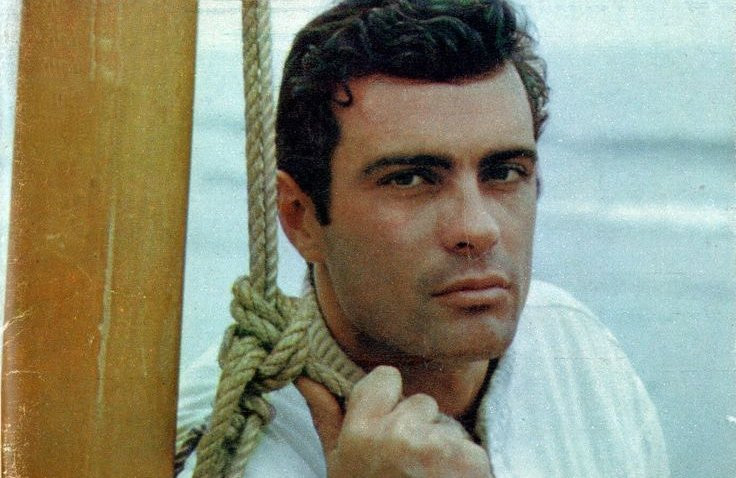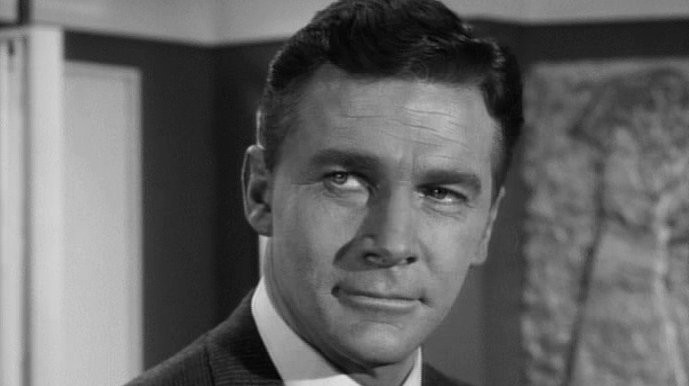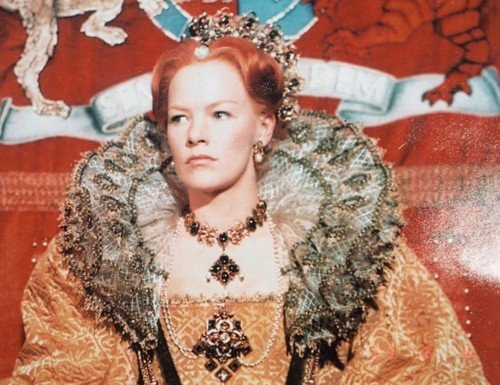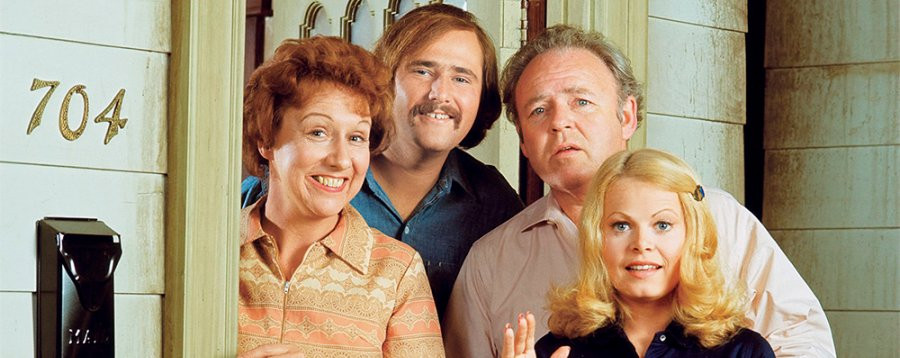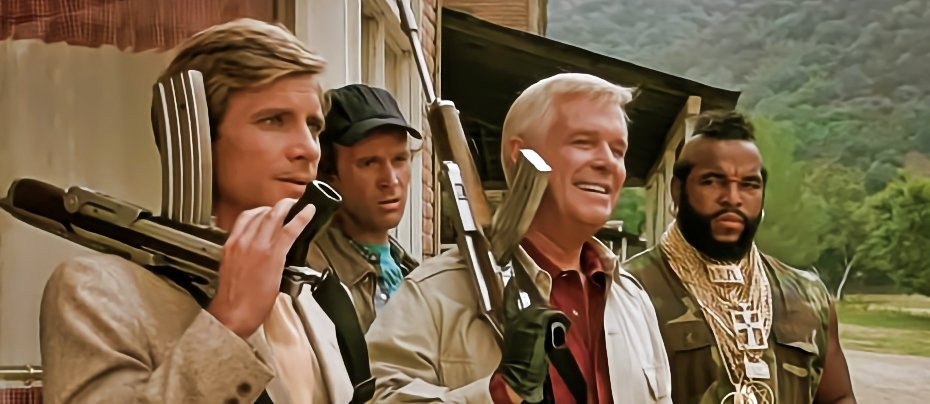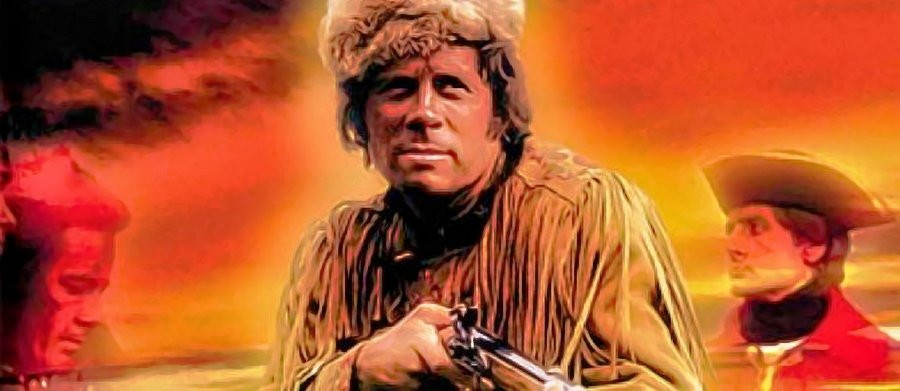
The Last of the Mohicans
1971 - United KingdomMemories of old television programmes sometimes have a Proustian quality to them: they can be extraordinarily sharp and often bring back a flood of other memories - of our lives when we first saw them and the people with whom we enjoyed them. It might seem hard to imagine when personalised viewing on individual computer screens has become the norm but there really was a time when families gathered around the television regularly to watch the same shows together. Next day we would talk about those shows with our friends, because the limited number of channels made it quite likely they had seen them too, and they would be incorporated into children's games. If it sounds idyllic, that is because it was.
For this reviewer, the highly respected BBC adaptation of James Fenimore Cooper's The Last of the Mohicans is a perfect example of this phenomenon. For many years, certain images stuck in the mind, entirely divorced from their context - soldiers in red on the rampart of a fort firing at soldiers in blue in the woods, a line of Indians jogging through the trees, the sudden appearance of the terrifying Magua in the cave, the war dances around bound captives, the canoe chases, and the final duel at the waterfall.
Rewatching the whole series for the first time in over forty years, it is astonishing how accurate those memories turned out to be - and how well the production as a whole stands the test of time.
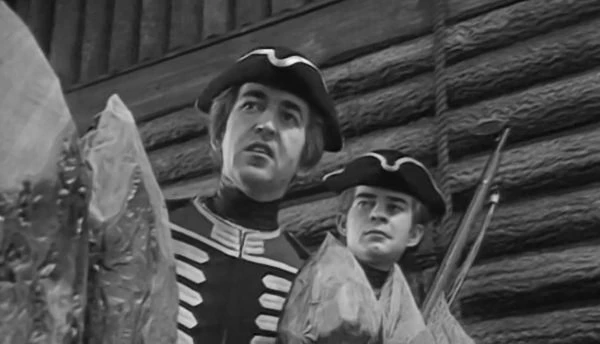
They really knew how to make family entertainment in those days - because they had no choice: there was usually only one television in the house, so a show had to have something for everyone. This now seems like a lost art. The crucial insight seems to have been that children enjoy being treated like adults. They have no objection to a bit of violence, quite the contrary. Nevertheless, it is surprising, even in these more desensitised times, how some very heavy themes were introduced - death, love, war, race, alcoholism, and even torture.
Although there is none of the excessive gore we see in recent shows targeted at adolescents, we do get to see bloody scalps. Of far greater emotional impact, major characters we have come to like are suddenly killed in front of us - in a programme watched by young children. In those days the prevailing philosophy was different: it was generally understood that the world could be a brutal place and there was no point in trying to shield children from reality - indeed, it might even be counterproductive in terms of protecting them; better to introduce them to these concepts when they were in the company of their parents, so that they could reassure them with their presence and talk through any difficult bits.
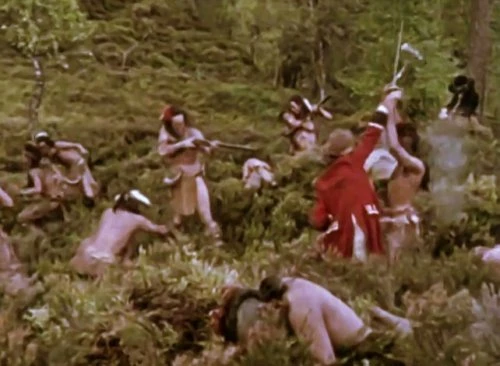
Of course, nearly all of the horrific scenes are also in Cooper's original novel, but there is a huge psychological difference between reading something in prose and seeing it played out before one's eyes. In any case, few have read the novel, and one suspects that most who have tried in recent years, probably prompted by this production or, more likely, Michael Mann's 1992 feature film, have not got far. The story is great, as its frequent dramatisation proves, but its writing style is of its time.
In that time, the early 19th Century, it was revolutionary. Cooper basically took Rousseau's notion of "the noble savage" and put it in the narrative form of the hugely popular historical romances of Sir Walter Scott. Indeed, Cooper was dubbed "the American Scott," and, like Scott, he had a huge cultural impact on the way his countrymen saw themselves and on how others saw them. He also established the global popularity of the American Indian, influencing the likes of the German Karl May, who wrote the 'Winnetou' novels. Tolstoy himself references Cooper in his precocious early work 'The Cossacks.'
However, his descriptions are too long and his dialogue now seems more than a little clunky. Harry Green, the undeservedly forgotten writer who adapted the novel for the BBC, therefore junked most of the speechifying, retaining only a few of the more stately passages, usually in the mouths of Indians. While he necessarily gave the white characters more of a modern sensibility, this is not as jarring as it might be if it was being done today, or as some of the historical and political anachronisms in the 1992 film. It is also balanced by the fact that Green seems to have a better grasp of 18th Century British social norms than Cooper did.
This enables him to open up the story a bit, with additional scenes that put the adventurous journeys in their context and add substance to some of the characters. Where Cooper is, for obvious reasons, discreet in his handling of Cora's racial background - it was very daring of him even to introduce the idea - Green is very direct about it. Nevertheless, he still sticks very closely to the basic sequence of events in Cooper - perhaps too closely: there is some repetition and there are long periods when the story loses momentum, especially when people keep getting captured and rescued.
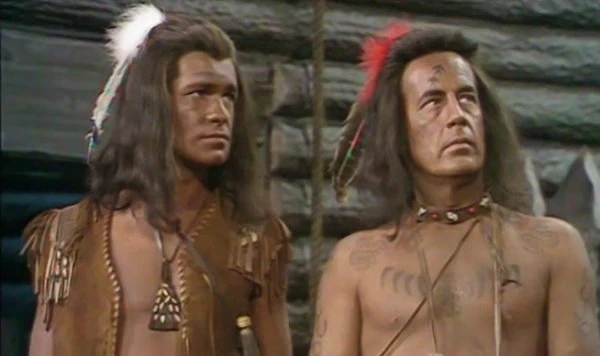
As with many British productions of the time, the greatest strength of the adaptation is in its casting, despite much of it being in the "they wouldn't do that today" category. Indeed, it now seems very strange to see white British actors, some in very obvious make up, playing all the American Indians. It also has to be said that many of them are a bit well fleshed for the lithe woodsmen of the novel and the subsistence farmers of history. Leaving aside all notions of so called "political correctness," in purely dramatic terms it now intrudes on the suspension of disbelief when one sees ethnically inappropriate actors in older productions. We did not notice it so much at the time, but we do now - we have moved on.
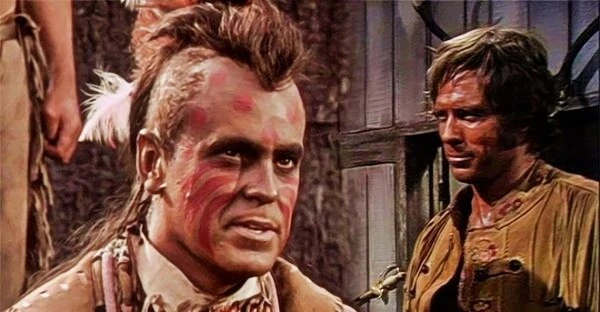
That said, the best performances all come from actors playing Indians. By far the most memorable is Philip Madoc as Magua. Later distinguished in more sympathetic roles in The Life and Times of David Lloyd George and A Mind to Kill, Madoc was British film and television's "go to guy" for villains in the 1960s and 70s. His Magua is a brooding volcano of barely suppressed resentment, given a perfect introduction by the cameraman - even if it does rather beg the question how anyone could ever have thought he was a reliable guide.
Yet as we get to know Magua, we meet a three dimensional character with a defensible point of view. There are reasons why he is as he is. In a scene with the captive Uncas, he shows great breadth of vision and seems to be reaching towards something remarkable, but Uncas does not pick up on it and his response seems stupid by comparison. One cannot help wondering if, under other circumstances, Magua might have been the one to do what Pontiac and Tecumseh tried to do later - too late - unite the tribes and drive out the white man.
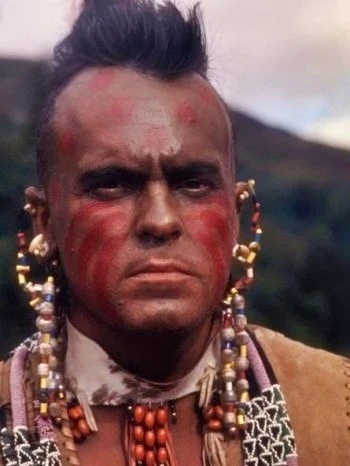
Almost as good is John Abineri, who plays Chingachgook as a dignified gentleman of the old school out of his depth in a changing world. Richard Warwick is amiable as the eager but slightly dim Uncas, while John Wentworth is moving as the Delaware High Chief Tamenund.
While Kenneth Ives is a personable Hawkeye, it is not meant to be unkind to say that that he is no Daniel Day-Lewis, or that his move soon afterwards from acting to a successful career as a director was a wise choice. The success of 'The Last of the Mohicans' prompted the BBC to make a sequel, also based on a Cooper novel, The Pathfinder, in which Paul Massie took over as Hawkeye. Incidentally, the expression "Native American" is used only once - in its historically accurate sense of anyone born in America when Hawkeye refers to himself as one.
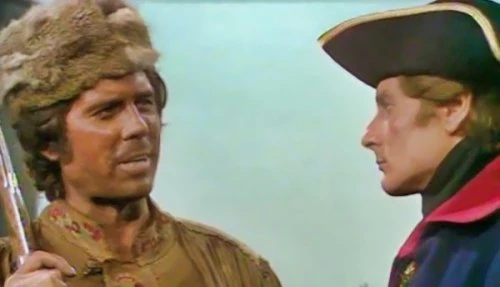
Andrew Crawford as Colonel Monro and Tim Goodman as Major Heyward go well beyond the usual caricatures of British officers as idiots, and paint credible portraits of intelligent and honourable professional soldiers. A Council of War scene, in which everyone knows surrender is unavoidable but does not want to say so, is particularly well done.
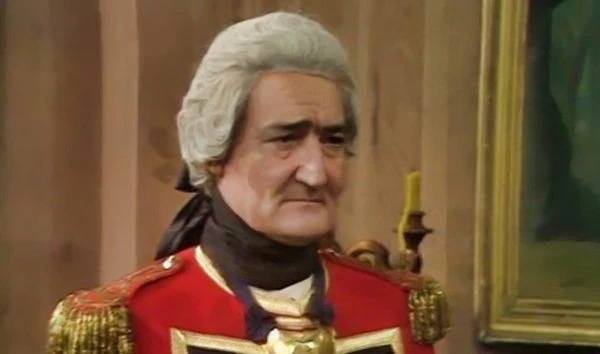
Patricia Maynard and Joanna David - respectively the mothers of Hannah Waterman and Emilia Fox - handle the potentially difficult roles of the Munro sisters with great skill: the former does not fall into the trap of making Cora too feisty while the latter avoids making Alice look like a doormat. Prague-born George Pravda is convincing as the French Commander-in-Chief, the Marquis de Montcalm - one of the weaknesses of the production is that accents are all over the place and Pravda's is actually one of the more credible. The keen eyed might spot Hilary Minster as a British Sergeant - before his promotion to German General in ‘Allo, ‘Allo.
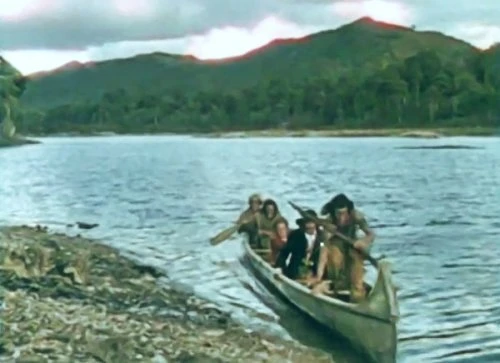
However, the real star of the show is Scotland, playing the role of Upper New York State to perfection. It really is ravishingly beautiful and photographed with an expertise rarely seen even with today's superior technology. Dudley Simpson's haunting theme is an ideal accompaniment to a powerful titles sequence which sums up the whole ethos of the story.
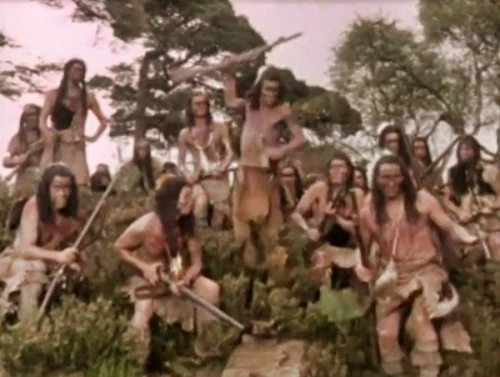
Indeed, the production excels in almost every department, even if the constraints of a television budget are sometimes inescapable. It is unwise to keep saying that Montcalm has twenty thousand men (in fact he had less than half that number) when we can see only a couple of dozen extras. In fairness, the director used what he had very cleverly, but it is never a good idea to point at the elephant. Some of the fight scenes are unrealistic - not least that well remembered shooting at a fort from a wood with muskets - and the war dances are perhaps a little too choreographed to look authentic, but it is still fun to watch.
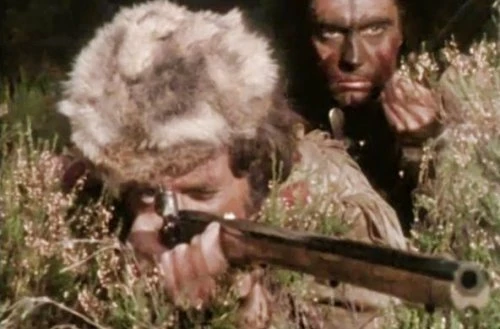
Overall, 'The Last of the Mohicans' is a fine showcase for everything good about British television drama in the 1970s.
Review by John Winterson Richards
John Winterson Richards is the author of the 'Xenophobe's Guide to the Welsh' and the 'Bluffer's Guide to Small Business,' both of which have been reprinted more than twenty times in English and translated into several other languages. He was editor of the latest Bluffer's Guide to Management and, as a freelance writer, has had over 500 commissioned articles published.
He is also the author of ‘How to Build Your Own Pyramid: A Practical Guide to Organisational Structures' and co-author of 'The Context of Christ: the History and Politics of Rome and Judea, 100 BC - 33 AD,' as well as the author of several novels under the name Charles Cromwell, all of which can be downloaded from Amazon. John has also written over 100 reviews for Television Heaven.
John's Website can be found here: John Winterson Richards
Books by John Winterson Richards:
Published on November 26th, 2020. Written by John Winterson Richards for Television Heaven.


